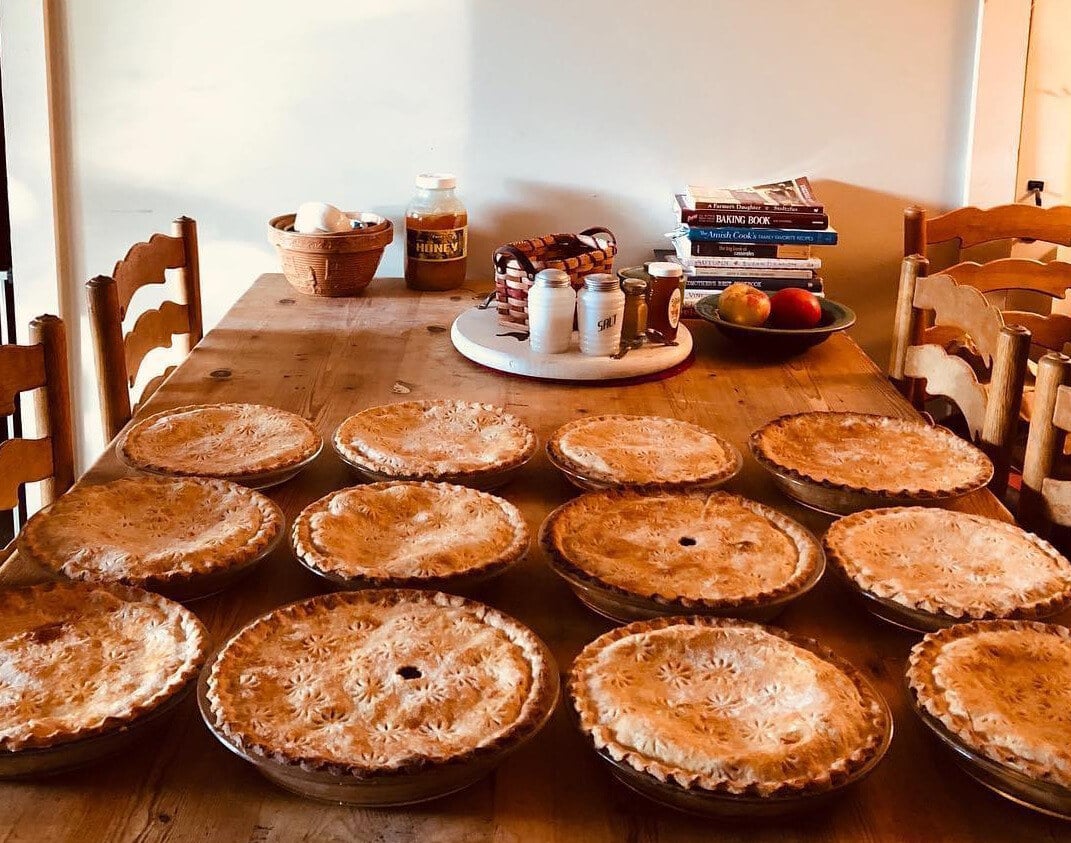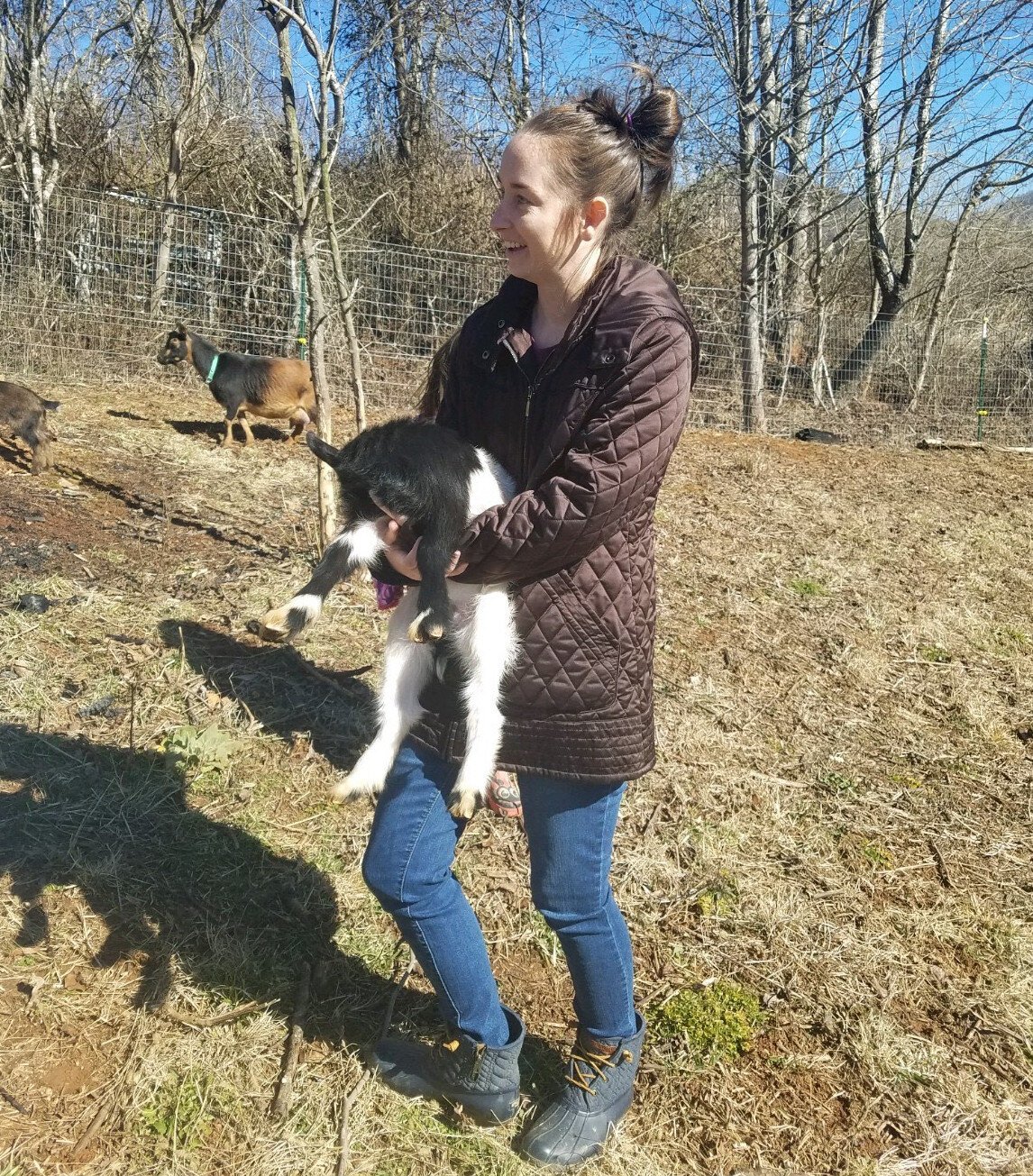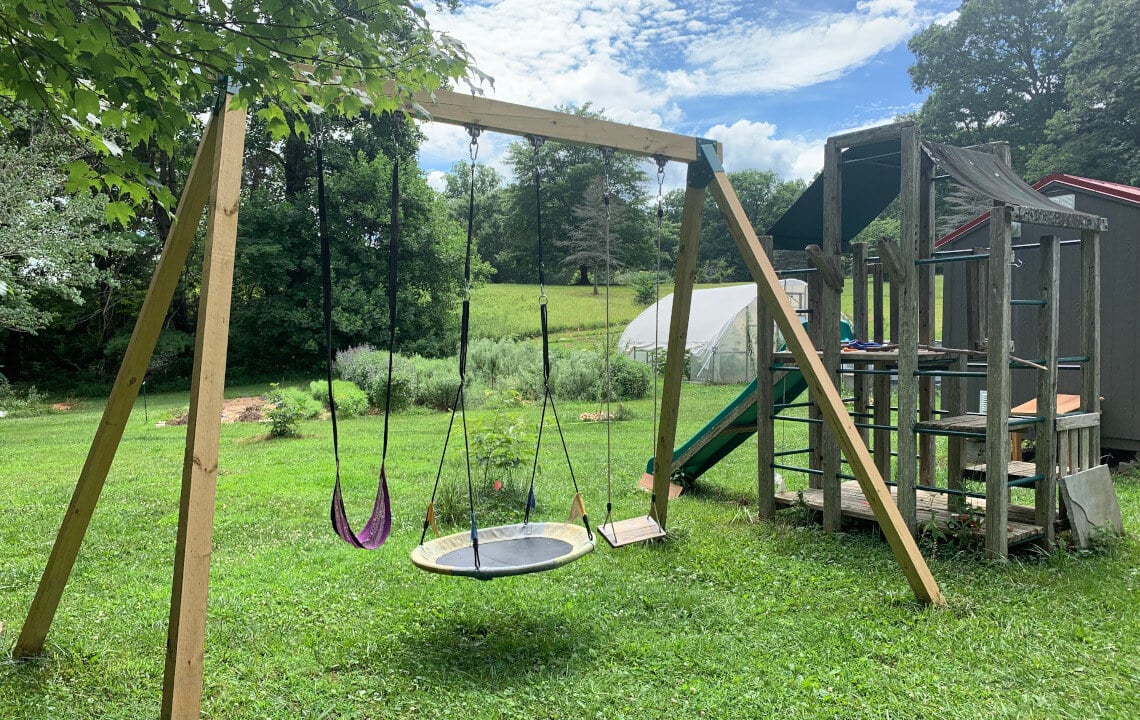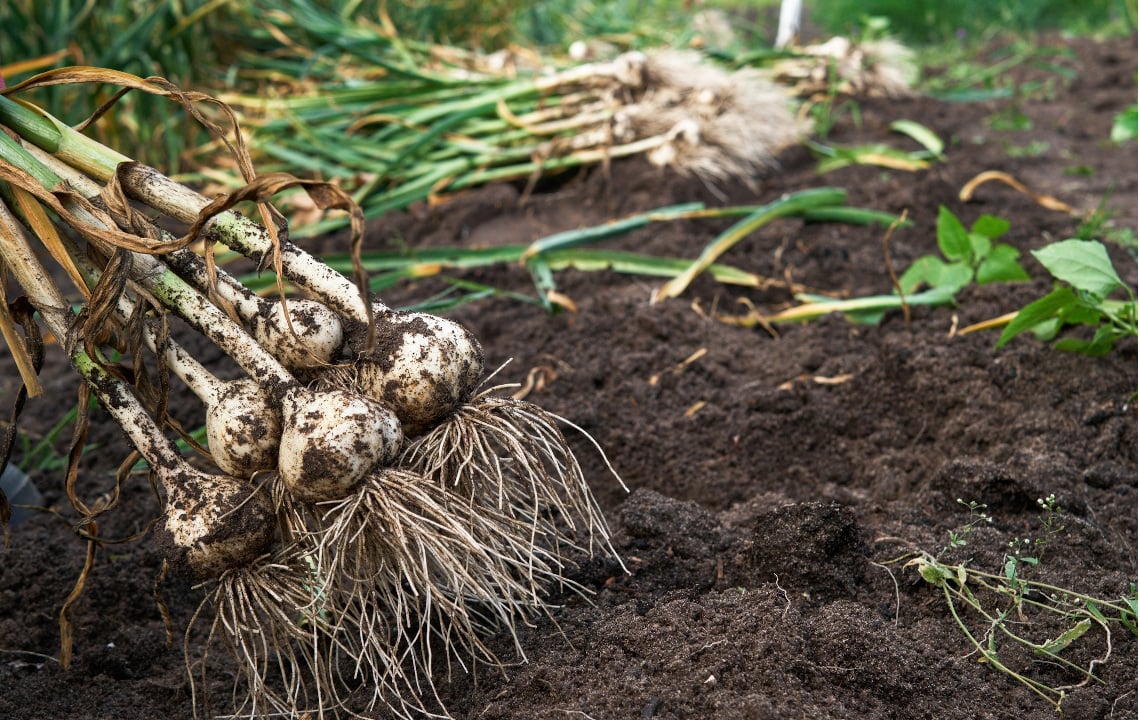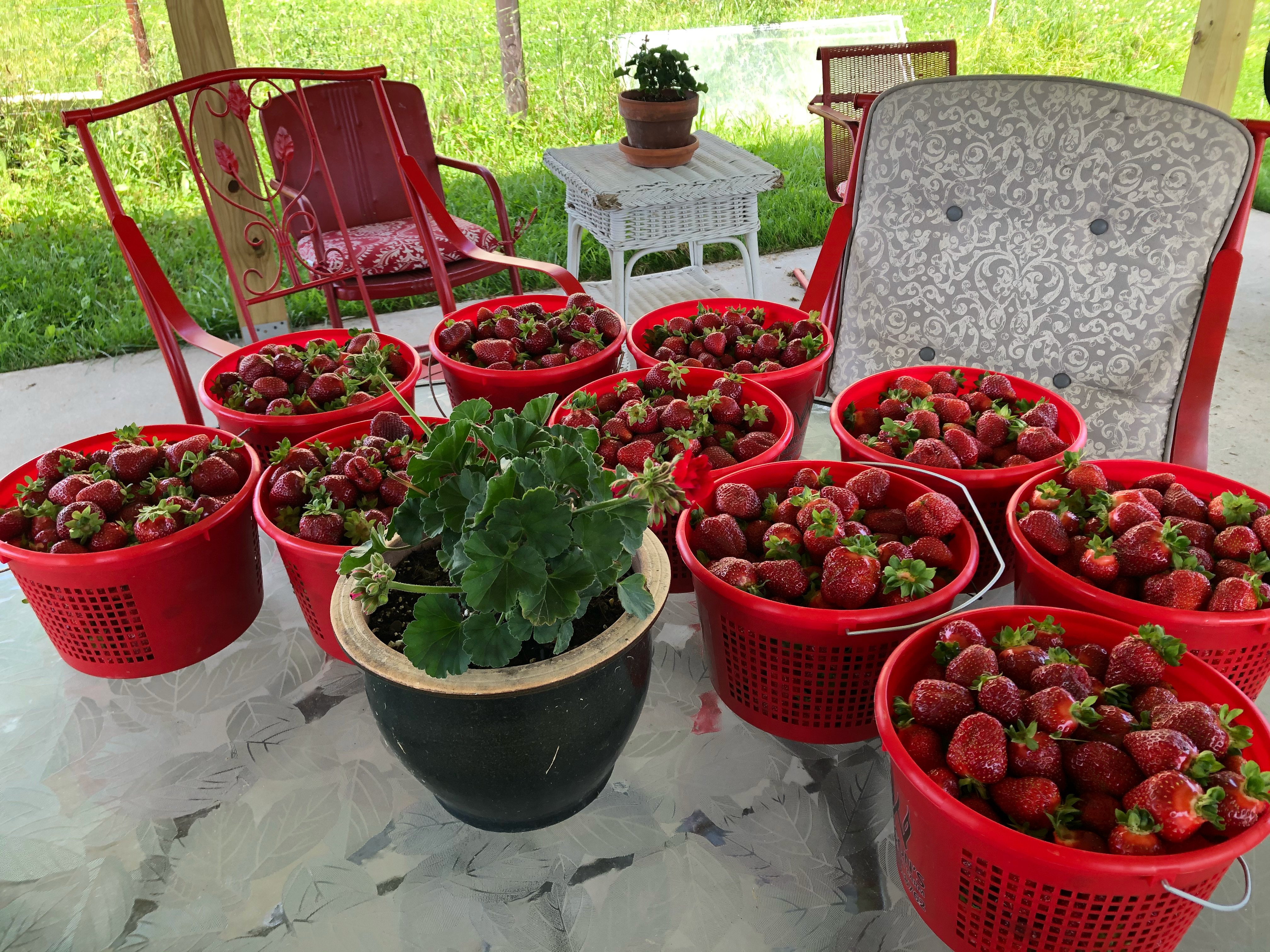Dedicated parents with athletic kids can work out the commute from rural areas to town sports events.
If your child is an athlete, close proximity to in-town practices and games might dampen your desire to live in a rural area.
 But for Adaire Bishop, mother of two sons and lifetime rural resident, the appeal of the countryside outweighs any travel inconvenience. With commitment, she says, children can enjoy both rural living and in-town sports participation.
But for Adaire Bishop, mother of two sons and lifetime rural resident, the appeal of the countryside outweighs any travel inconvenience. With commitment, she says, children can enjoy both rural living and in-town sports participation.
Adaire and her husband Richard raised their sons Dustin, 24, and Payton, 17, (nicknamed “Scooby”) on their farm 11 miles outside of Donalsonville, Georgia. Dustin, who now works on the farm, was more into 4-H activities and showing farm animals than sports when he was growing up, says Adaire.
“But Scooby started playing T-ball at 7 and then travel baseball at 9 until he was 15. He’s now playing varsity baseball and football.”
During the years before Scooby earned a driver’s license, Adaire provided transportation to practices and games as far away as an hour-and-a-half. Also working full-time at American Peanut Growers in Donalsonville, she juggles a lot: parenting, work, and the many responsibilities at the farm and at home.
What’s It Take?
Organization, planning and commitment are key to making a life in the country coalesce with in-town or out-of-town activities, she says.
“I just make it work,” says the highly organized wife and mom. During the “wild and wide open times,” she says, teaching the boys to be responsible and organized was crucial. “I had a spot in my den. I’d tell Scooby, ‘Have your ball bag ready for tomorrow,’” she says. “I would make sure whatever he had to have was in that bag.”
When she left work at the end of the day, she’d call home and tell her son to be “dressed and ready with his ball bag” when she pulled into the drive to take him to practice. “I’d pick him up and we’d go back into town and stay until 8 or 9 o’clock at night,” she says. “Most of the time I had snacks in my trunk in case he needed something to eat or drink,” she notes.
Having grown up on the same land where her family now farms, she was used to the 11-mile drive into town and didn’t consider the distance an obstacle to Scooby’s practices and games. Even traveling as much as three hours round-trip for out-of-town games and practices proved do-able with planning.
“What it boils down to is you have to be committed,” she says. “When we played travel ball, he had practice an hour-and-a-half away pretty much everyday, then two-hour practices, then an hour-and-a-half drive home,” she recalls.
Bonding is a Bonus
Time together on the road proved to be a gift between mother and son.
“I wouldn’t give anything for the talks and the laughs and the singing and the carrying on,” Adaire says. “We talked about everything and argued and did homework and ate a lot.”
She also volunteered to take other kids in the area to far away practices and games, calling herself “the carpool lady.” Even families who lived in town would bring their kids to a church parking lot in front of the Bishops’ country house to catch a ride with Adaire.
“They knew I was going no matter what,” says the dedicated mother.
To her, the advantages of living in the country make any inconvenience caused by distance worth it.
“I just love it out here,” she says. “It’s beautiful. There are butterflies, flowers, and bird feeders. I’ve got my fish pond, my dogs, and my cats. I like to hunt and fish. I love my garden.”
It’s also a great place to raise children, she says, “especially if you can get them into hunting and fishing and things like that that.”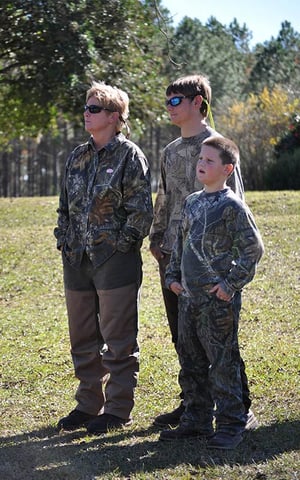
Scooby’s friends who live in town visit the Bishops’ rural home often “because of all the things they never get to do in town,” she says. “They want to come out here because of the tractors and the four-wheelers and the mud bogging and the hunting. Some kids come out here just to see our show cows. They have never been around a cow on a halter you can pet!”
Want to get to know more country families and see how they make it work for their kids? Read our interviews with:
- Raising Farm Kids - The Flood Family gave up life in the suburbs for a hobby farm where each of their three sons has daily chores outdoors and one son is raising honey bees for profit.
- How Country Life Can Heal - Mom Amy Fewell immersed herself in holistic medicine, herbal remedies and a more sustainable lifestyle when her son was diagnosed with asthma. The results had a profound effect on her son.
- When a Girly-Girl Goes Country - Jayne Gray thought she was too “glam” for country life at the end of a long dirt road, but the mother of two boys and a stepdaughter discovered raising kids in the country was the best choice for her.
Photos of the Bishop family provided courtesy of Adaire Bishop.







